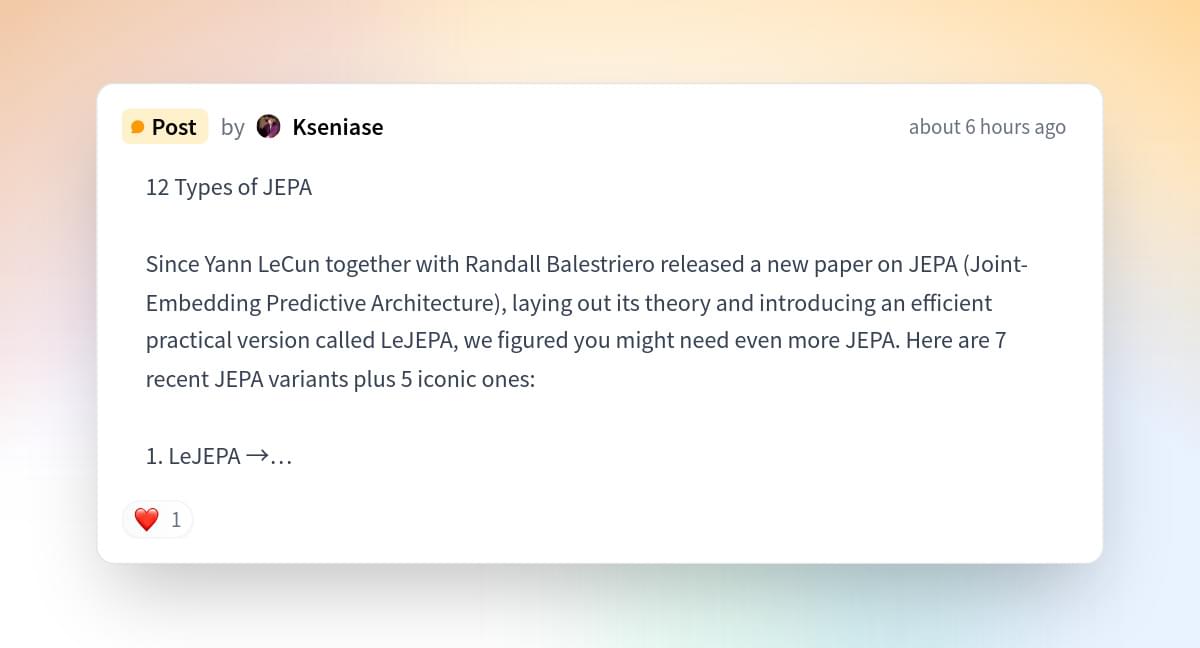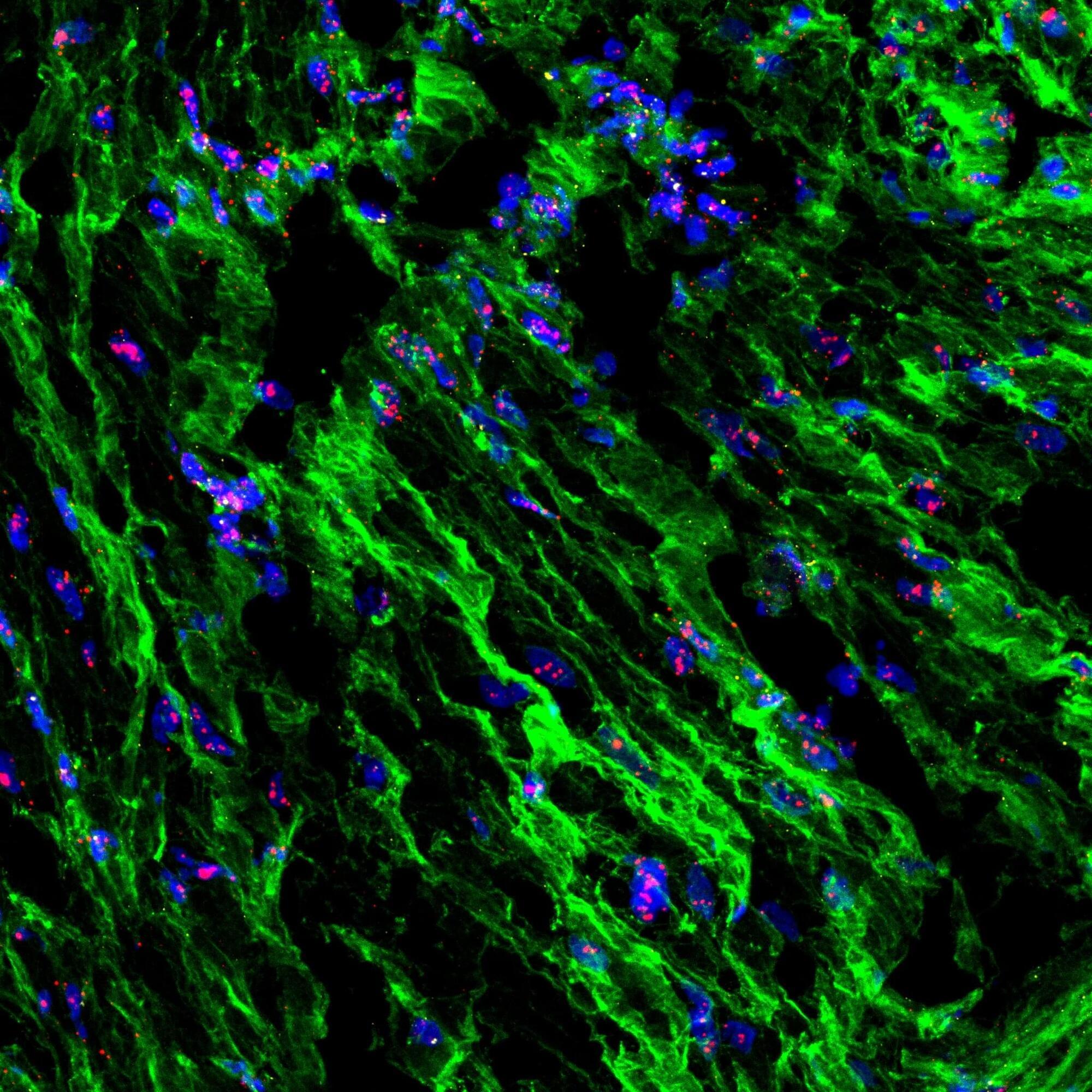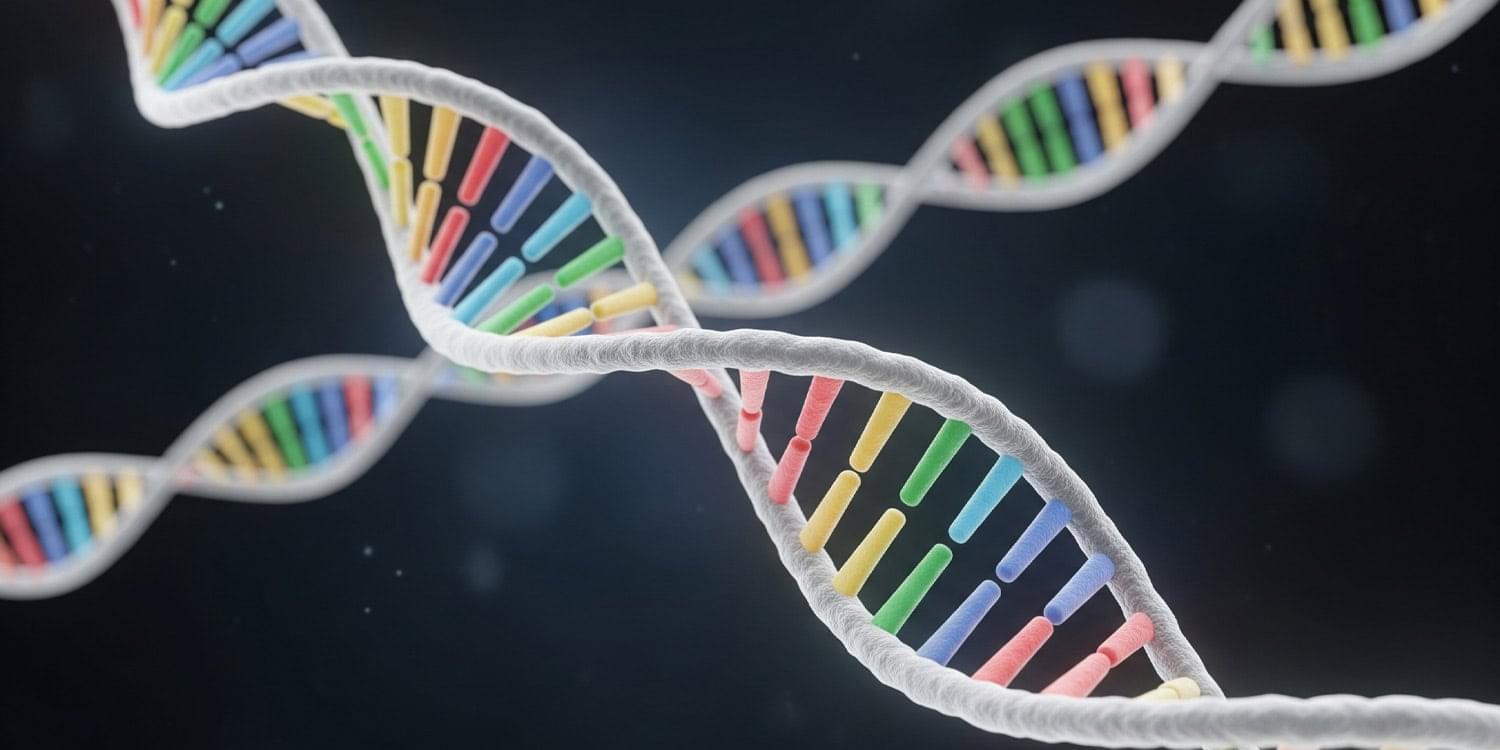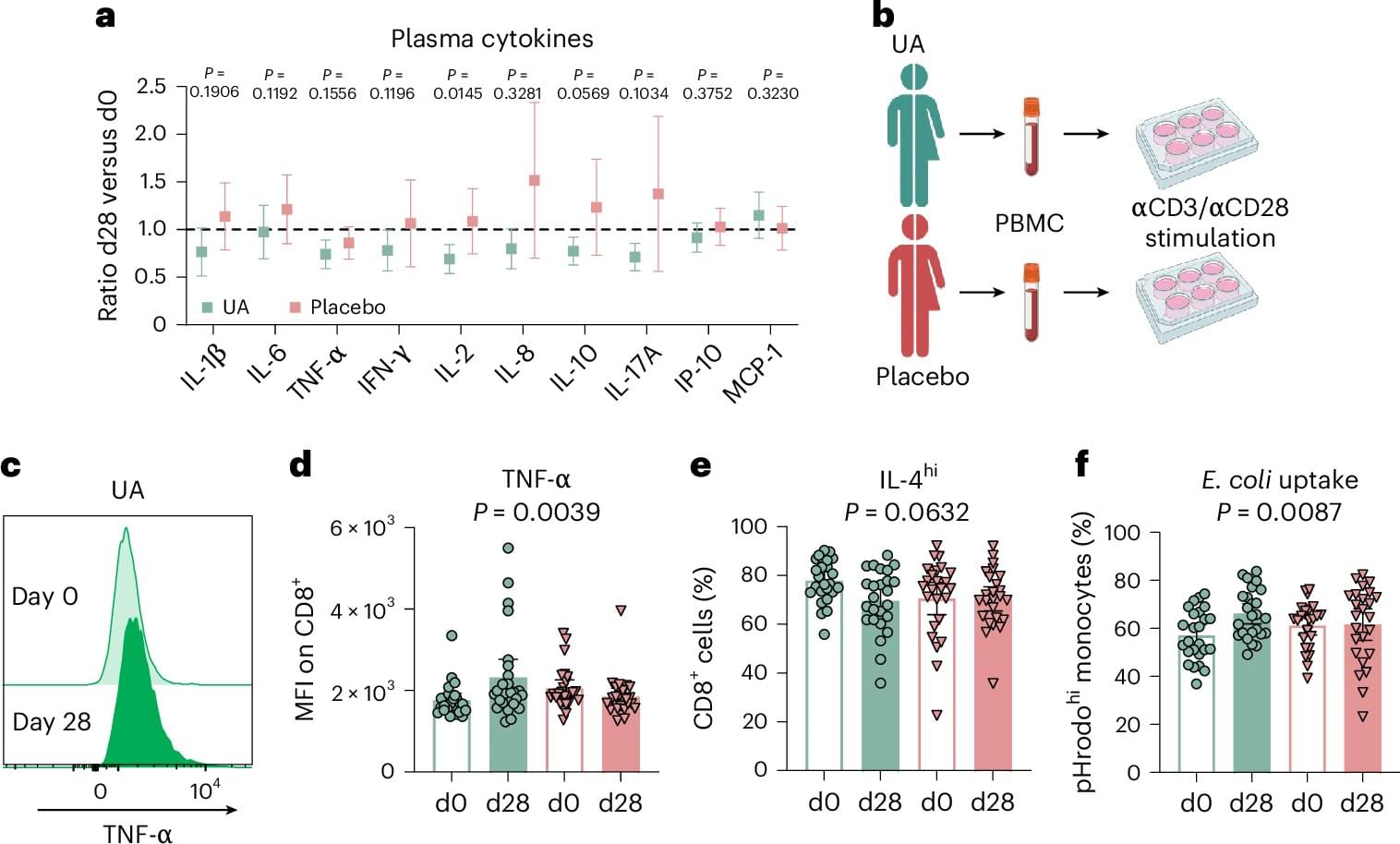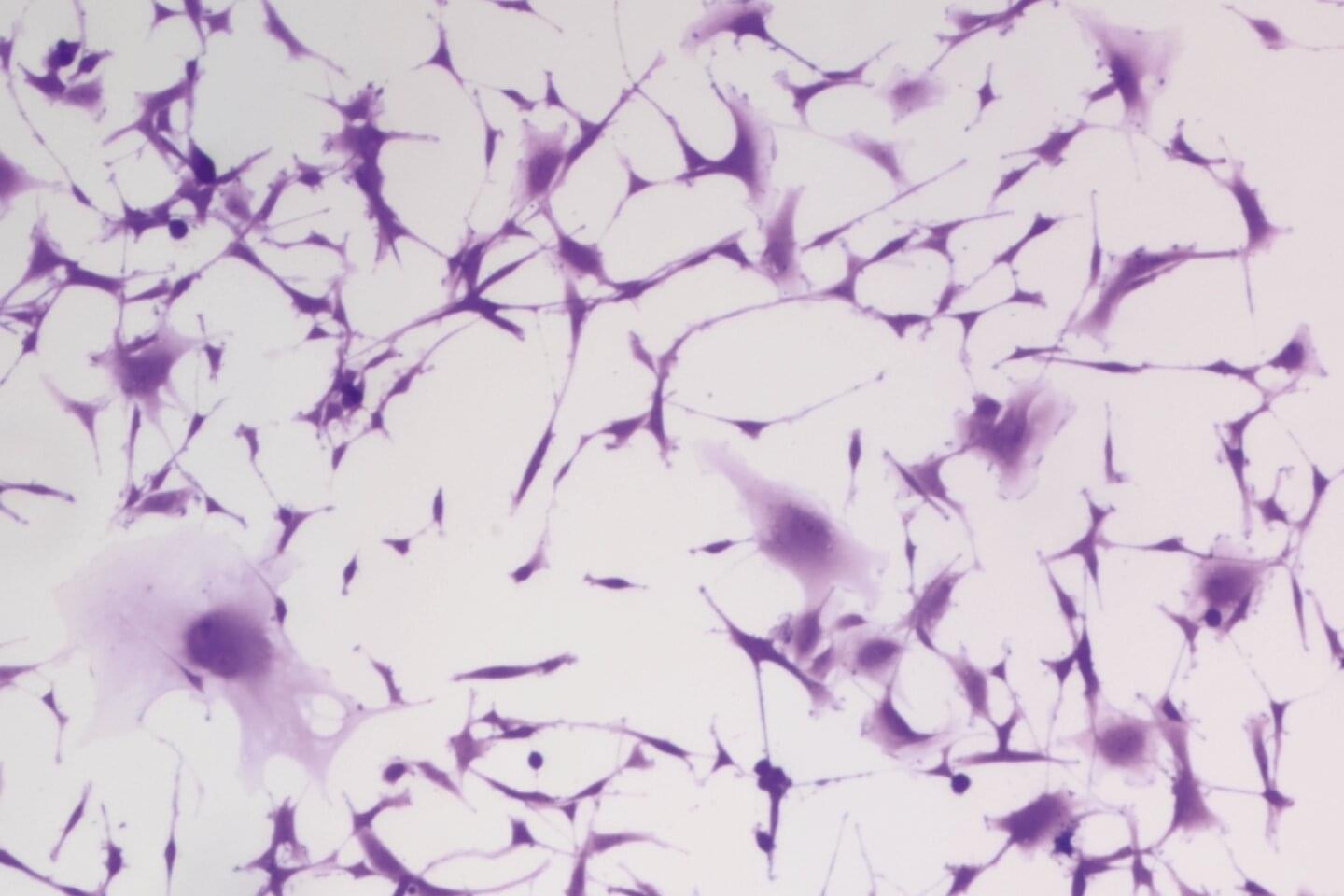Soft drink consumption is linked to an increased risk of major depressive disorder and greater depressive symptom severity, mediated by changes in gut microbiota, particularly Eggerthella abundance.
Question Is soft drink consumption related to depression diagnosis and severity, and is this association mediated by gut microbiome alteration?
Findings In this cohort study, soft drink consumption was significantly associated with diagnosis of major depressive disorder, as well as depression severity, across a single-study cohort of 932 clinically diagnosed patients and healthy controls. This association was significantly mediated by Eggerthela abundance in female patients and controls.
Meaning Education, prevention strategies, and policies aiming to reduce soft drink consumption are urgently required to mitigate depressive symptoms; in addition, interventions for depression targeting the microbiome composition appear promising.

